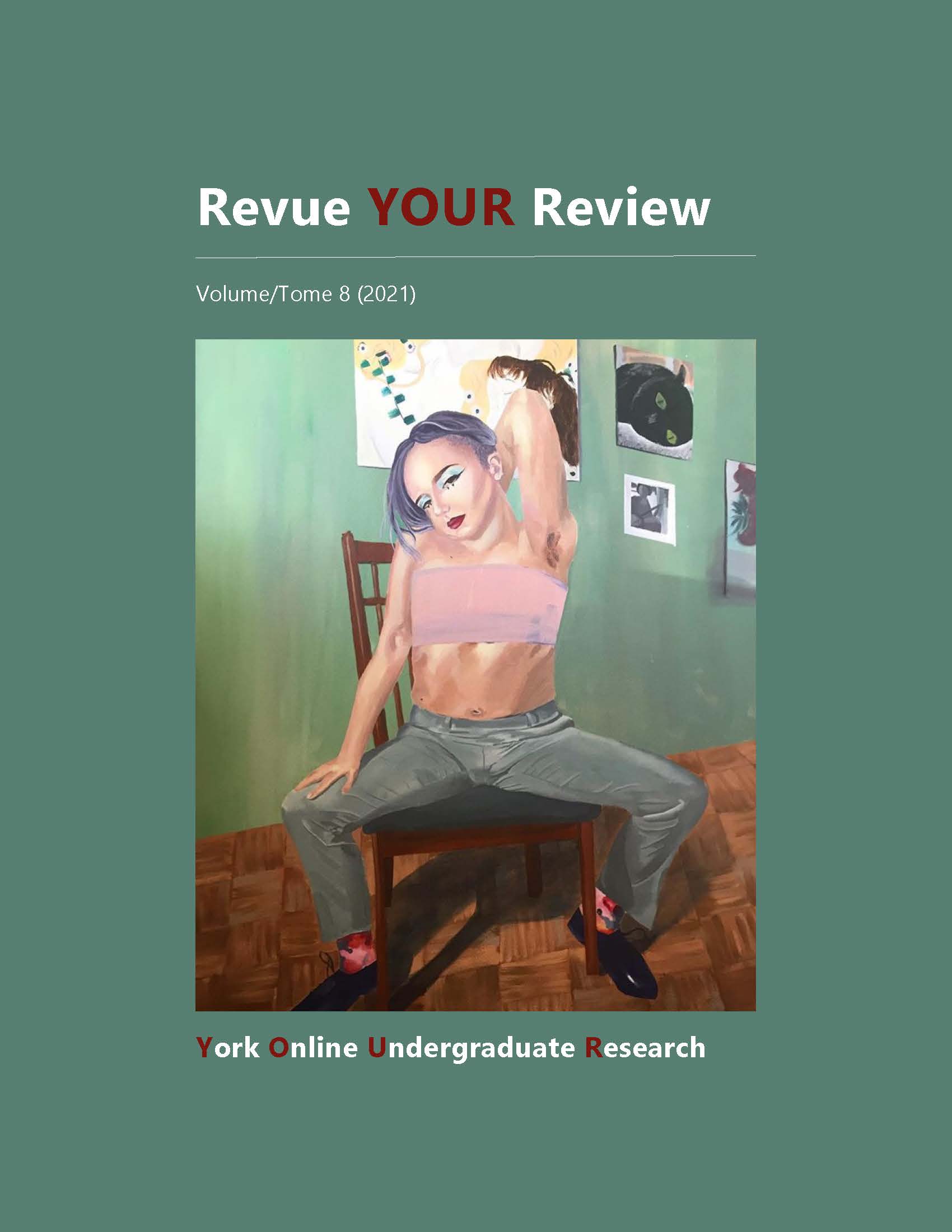Why labour migrants should have the same rights as citizens throughout member states in the European Union
Abstract
This research paper argues that migrant workers should be granted the same rights as citizens in the European Union. To accomplish this, scholarly texts and documents produced by European Commission (EU) were examined. Since the Treaty of Paris and the European Coal and Steel Commission, the integration of migrant labour into Europe has increased, an increase which brings many benefits to EU member states. Permitting migration and free movement to countries also brings various social benefits. Along with multiculturalism, migrant workers introduce new ideas into a country and generate jobs in several sectors. In particular, temporary migrant workers fill employment needs. Yet some people view migrant workers negatively because labour rights grant migrant workers the opportunity to access state welfare programs. EU member states have different rules outlining how temporary and permanent workers can function in their countries, and the possibility of becoming a citizen or resident of a country can, in turn, grant people EU status. The treatment of migrant workers affects their living and working conditions, factors that are affected by treaties and policies. With persisting anti-immigrant sentiment occurring throughout the EU, this topic is crucial.
Downloads
Published
How to Cite
Issue
Section
License
LicenseAuthors contributing to Revue YOUR Review agree to release their articles under one of three Creative Commons licenses: Creative Commons Attribution 4.0 International; Creative Commons Attribution-NonCommercial 4.0 International; or Creative Commons Attribution-NoDerivatives 4.0 International. All editorial content, posters, and abstracts on this site are licensed under Creative Commons Attribution-NoDerivatives 4.0 International. For further information about each license, see:
https://creativecommons.org/licenses/
In all cases, authors retain copyright of their work and grant the e-journal right of first publication. Authors are able to enter into other contractual arrangements for the non-exclusive distribution of the e-journal's published version of the article (e.g., post it to an institutional repository or publish it in a book or in another journal), with an acknowledgement of its initial publication in this e-journal.


